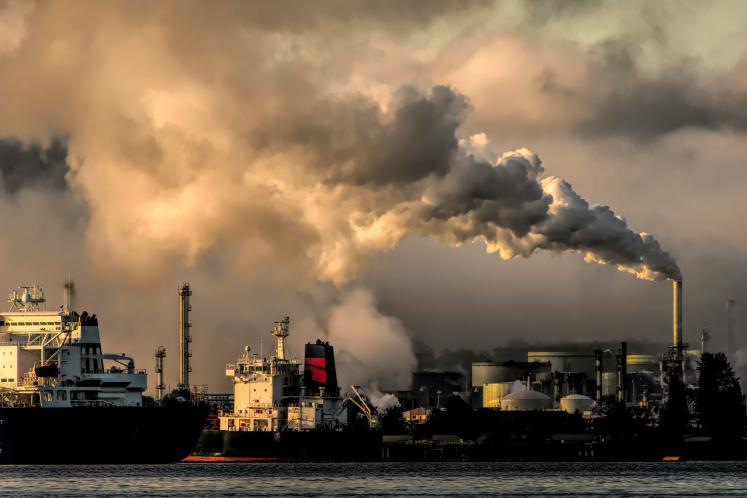On 30 June 2025, the UN Special Rapporteur for Human Rights and Climate Change presented a powerful warning to the Human Rights Council through her report The Imperative of Defossilizing our Economies (A/HRC/59/42), concluding that continued fossil fuel use not only jeopardizes climate goals but also systematically erodes human rights by exacerbating health crises, inequality and environmental harm.
Despite clear scientific consensus that fossil fuels must be phased out this decade to meet the Paris Agreement and other global obligations, international response remains inadequate. However, recent shifts in the political landscape, marked by both mounting obstacles and breakthroughs like the International Maritime Organization's carbon pricing, create a dual-track reality where bold, coordinated action is possible.
The Rapporteur’s report offers a systemic, human rights-centered roadmap for global defossilization, with wide-ranging recommendations for States, businesses and multilateral institutions. This Discussion Paper builds on those recommendations, outlining five practical action areas, from policy coordination to financial reform and harm remediation, aimed at closing the gap between climate and human rights commitments, and sparking serious dialogue on how to confront the defining crisis of our time.
Access "Accelerating Defossilization: Proposals for Implementing the Recommendations of the Special Rapporteur on the Promotion and Protection of Human Rights in the Context of Climate Change" here.




